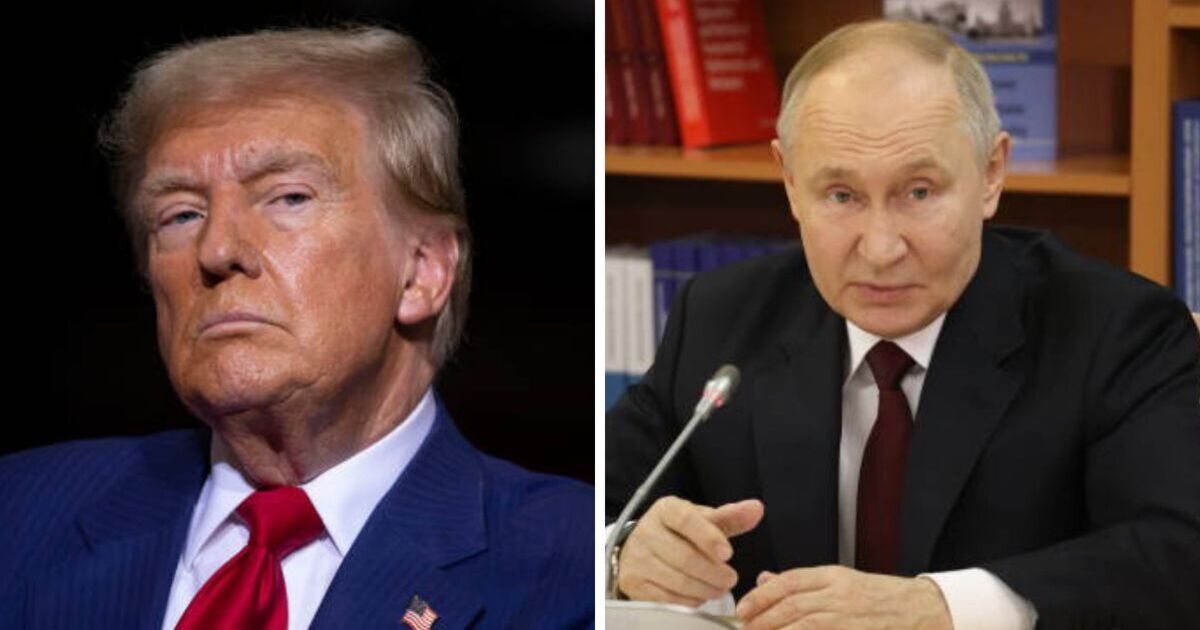Donald Trump extended a major olive branch to Vladimir Putin by declaring that Russia should be allowed back in the G7.
Moscow was expelled from the group after its annexation of Crimea in 2014, but the US president has now called that a mistake. The current members are the UK, US, Canada, France, Italy, Germany and Japan.
Mr Trump said: “I’d love to have them back. I think it was a mistake to throw them out. Look, it’s not a question of liking Russia or not liking Russia. It was the G8.
“I said, ‘What are you doing? You guys – all you’re talking about is Russia and they should be sitting at the table’. I think Putin would love to be back.”
This is not the first time the Republican has made such remarks. In 2020, he said it was “common sense” to readmit Russia, as it would make global discussions easier. He also suggested Australia, South Korea and India should join the economic force.
While Canada and Germany both opposed Mr Trump, saying Russia’s return would not be appropriate, French President Emmanuel Macron agreed with him.
The president’s renewed plea for Russia to rejoin came just one day after he spoke to Putin for 90 minutes regarding an end to the war in Ukraine.
This prompted concerns that his administration could be giving Russia concessions in exchange for peace negotiations and ceasefire.
The Republican also made these new comments while announcing reciprocal tariffs, which he insisted iwill level the playing field between US manufacturers and foreign competitors.
He wrote on his social media platform Truth Social: “TODAY IS THE BIG ONE: RECIPROCAL TARIFFS!!! MAKE AMERICA GREAT AGAIN!!!”
Mr Trump called it a “beautiful system” that will make job numbers “go up” and interest rates go down. He said: “I’ve decided for purposes of fairness that I will charge a reciprocal tariff. It’s fair to all. No other country can complain.”
The president labelled VAT a trade barrier that must be included in reciprocal tariffs – which would affect the UK.
Others ways to assess tariffs include other nations’ tariff rates, subsidies to industries, regulations and possible undervaluing of currencies
The new tariffs are expected to balance the US’ budget deficit pf £1.5 trillion, a senior White House official said. They added that reviews for the tariffs could be complete within the next few weeks or months.












